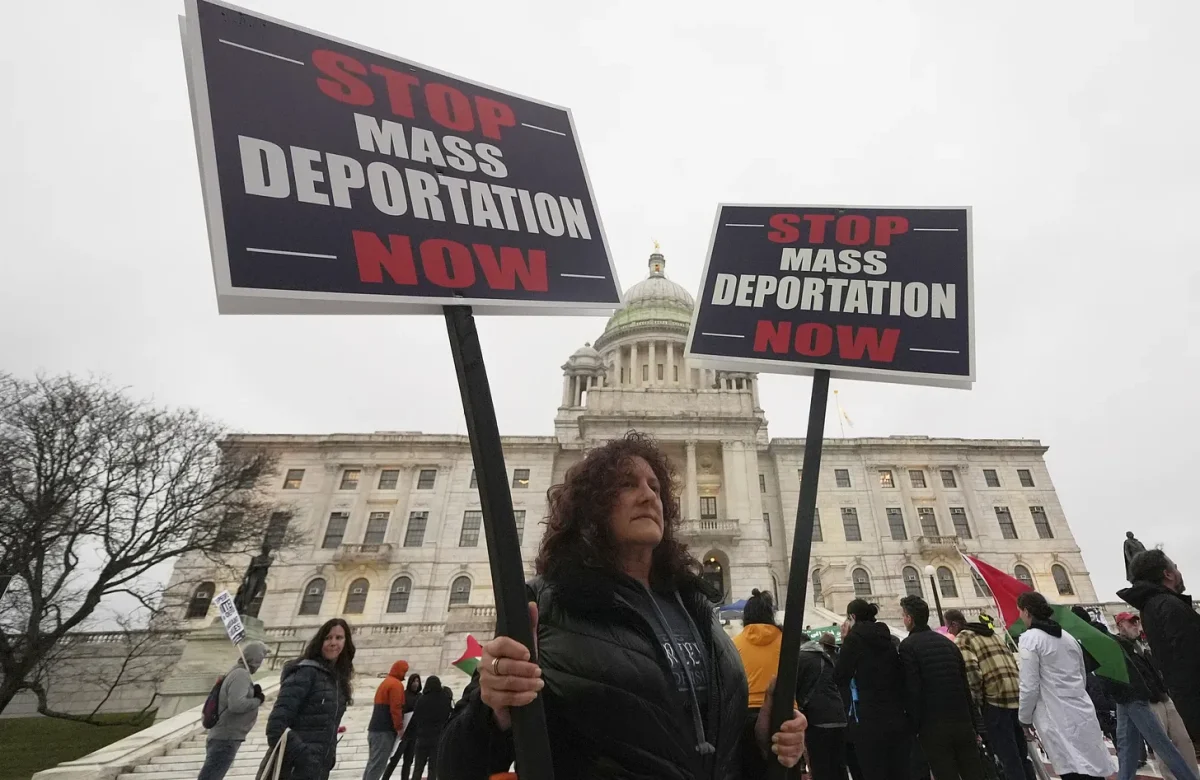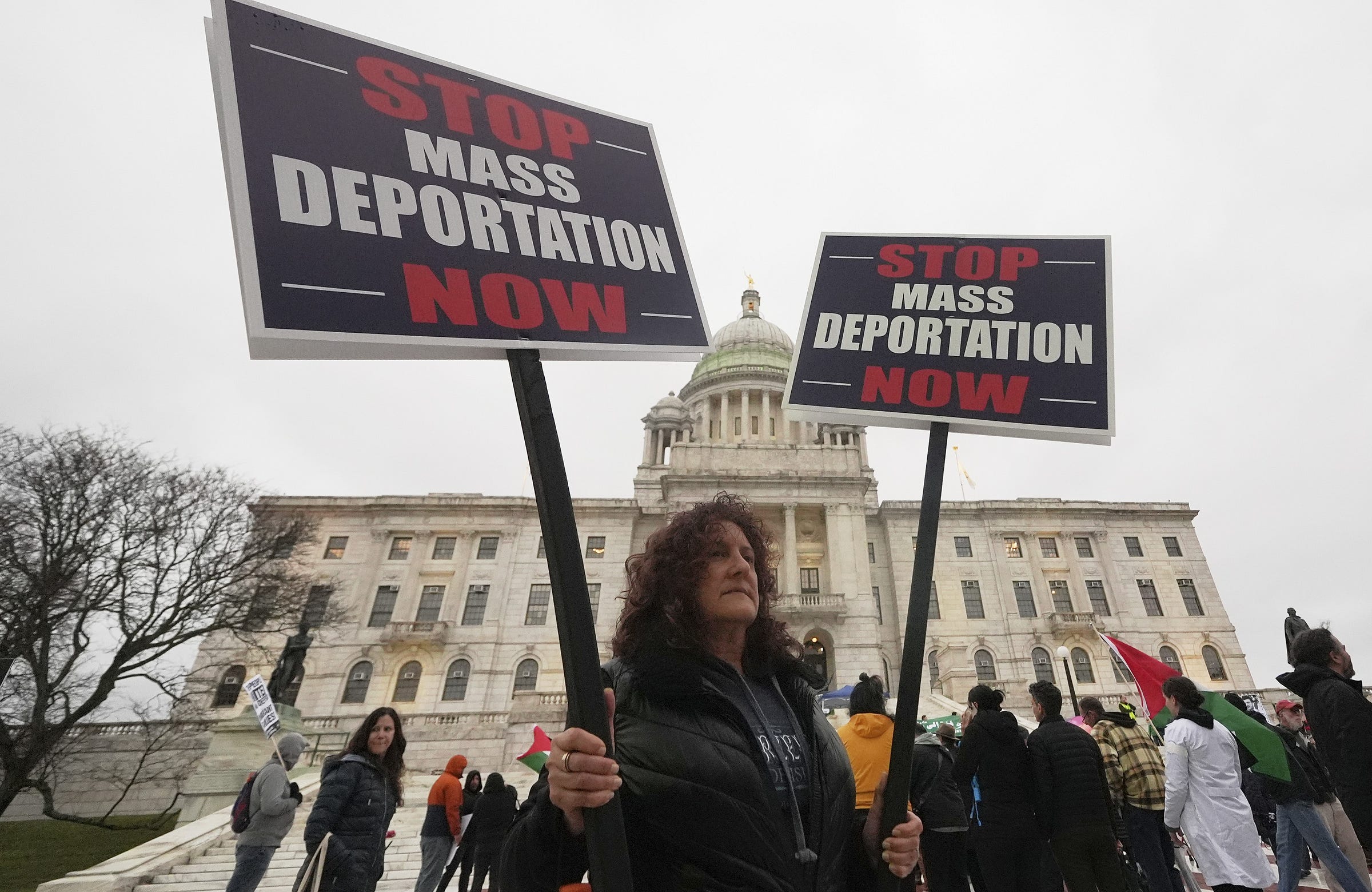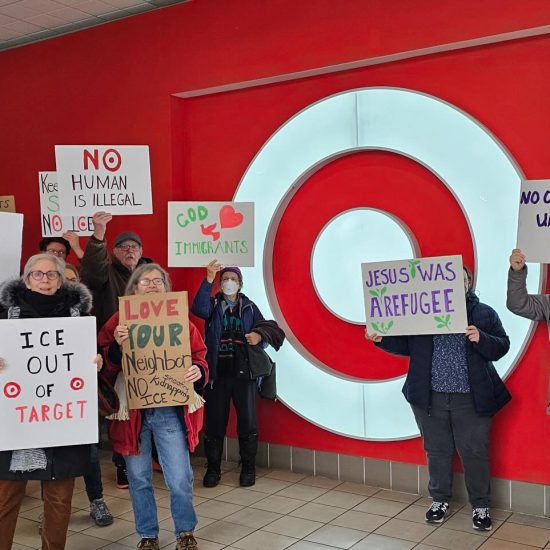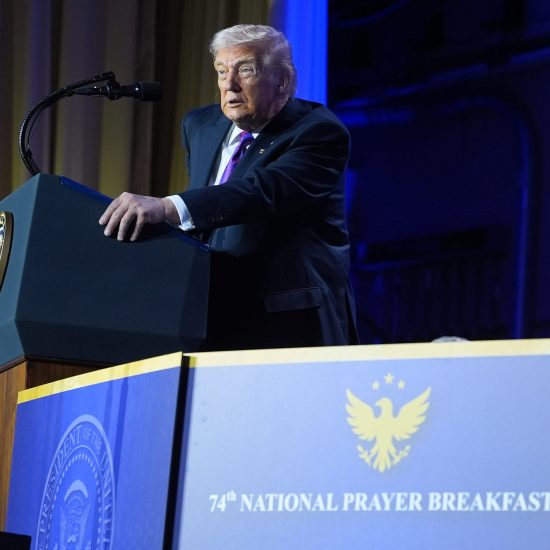
When the Biden administration issued a rule in 2021 prohibiting institutions of higher education from discriminating on the basis of sexual orientation or gender identity in housing, some Christian schools quickly filed legal actions to block the rule. The Council for Christian Colleges & Universities, which has over 180 member institutions, backed the effort filed by some of its members.
“Because the CCCU represents a large swath of religious higher education, we believe that adding our voice, our experience, and our analysis to the defense side will help the court resolve the lawsuit in a way that is favorable to our members,” Shirley V. Hoogstra, president of the CCCU, explained at the time. “Faith-based higher education has always been an essential element of the diversity of higher education in the United States — many of the first colleges and universities in the country were religious — and it is crucial that students continue to be given the opportunity to choose and access the college of their choice in a diverse educational landscape.”
Ultimately, the courts ruled against the case on a technicality, saying the schools and the CCCU didn’t have standing in their preemptive suit to block the rule since the Biden administration never attempted to enforce the rule at the religious schools. But the question of the CCCU adding its voice to a legal challenge against a presidential administration is one that should be considered again.
Over the past few weeks, hundreds of international students at colleges and universities across the nation suddenly had their student visas revoked or immigration status changed, and some have already been detained for deportation. While high-profile cases involve students at institutions like Columbia University and Tufts University, some of the impacted students are at small Christian schools. While the Trump administration claims it’s taking actions to protect Christians, students at Christian schools are being targeted for deportation even if they have no criminal record.

Protesters rally outside the Rhode Island State House in Providence to support deported Brown University professor Rasha Alawieh on March 17, 2025. (Charles Krupa/Associated Press)
Despite all that is happening, the leaders of many impacted schools have been largely silent even as their students are grabbed by federal agents. And the CCCU, which had been happy to add its voice against the Biden administration, has thus far also been mostly quiet on the treatment of international students — though they did respond to my request for comment for this piece. So this issue of A Public Witness looks at what we know so far about the targeting of international college students for deportation and what it could mean for Christian schools.
Targeting Students
On March 8, Department of Homeland Security agents detained Mahmoud Khalil, a Syrian-born Palestinian who was a graduate student at Columbia University in New York City. They initially told Khalil he was being detained because his student visa had been revoked. However, Khalil has a permanent resident card (more commonly called “a green card”), which seemed to surprise the agents and is a much stronger status that cannot be easily revoked. Khalil still hasn’t been charged with a crime, but he’s being held for deportation because of his political views. Secretary of State Marco Rubio, the son of Cuban immigrants who were not U.S. citizens at the time of his birth, is moving ahead with efforts to deport a legal resident for expressing an opinion about Israel’s war in the Gaza Strip. A federal judge on Friday (April 11) ruled the Trump administration can deport Khalil.

The rest of this piece is only available to paid subscribers of the Word&Way newsletter A Public Witness. Subscribe today to read this essay and all previous issues and receive future ones in your inbox.






